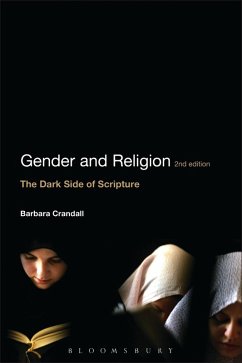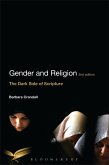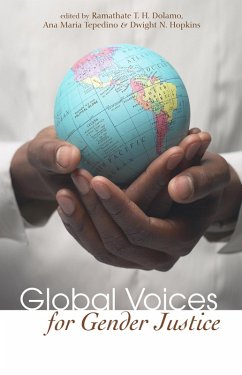When did patriarchy start and why? What explanation did the major world religions offer for women's inferiority? How have their beliefs and scriptures influenced women's lives in different parts of the world where they are the dominant faith?
Gender and Religion, 2nd Edition investigates the statement that the major world religions consider women to be inferior to men by reviewing the religious tracts and laws relating to women. Presenting the socio-political context in which these ideas developed, Barbara Crandall reveals that none of them invented the concept, but accepted it as the custom of human society where and when each began.
Using material on the history of patriarchy and up-to-date discussions of women's achievements, the book explores the way gender issues are addressed in the various sacred texts impacting upon women's education, employment, property and inheritance rights, franchise and participation in government, marriages, rights to their children, practice of religion, and control of their own bodies.
Gender and Religion, 2nd Edition investigates the statement that the major world religions consider women to be inferior to men by reviewing the religious tracts and laws relating to women. Presenting the socio-political context in which these ideas developed, Barbara Crandall reveals that none of them invented the concept, but accepted it as the custom of human society where and when each began.
Using material on the history of patriarchy and up-to-date discussions of women's achievements, the book explores the way gender issues are addressed in the various sacred texts impacting upon women's education, employment, property and inheritance rights, franchise and participation in government, marriages, rights to their children, practice of religion, and control of their own bodies.









